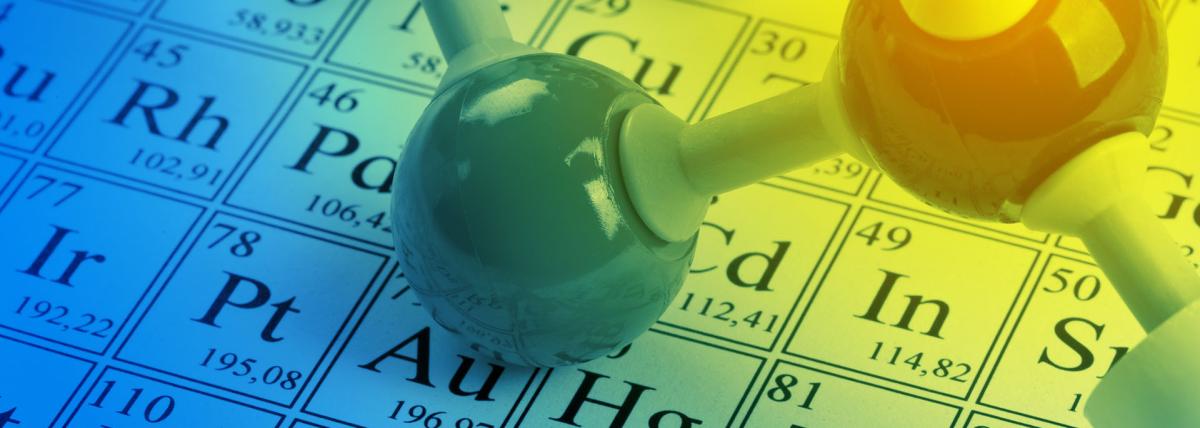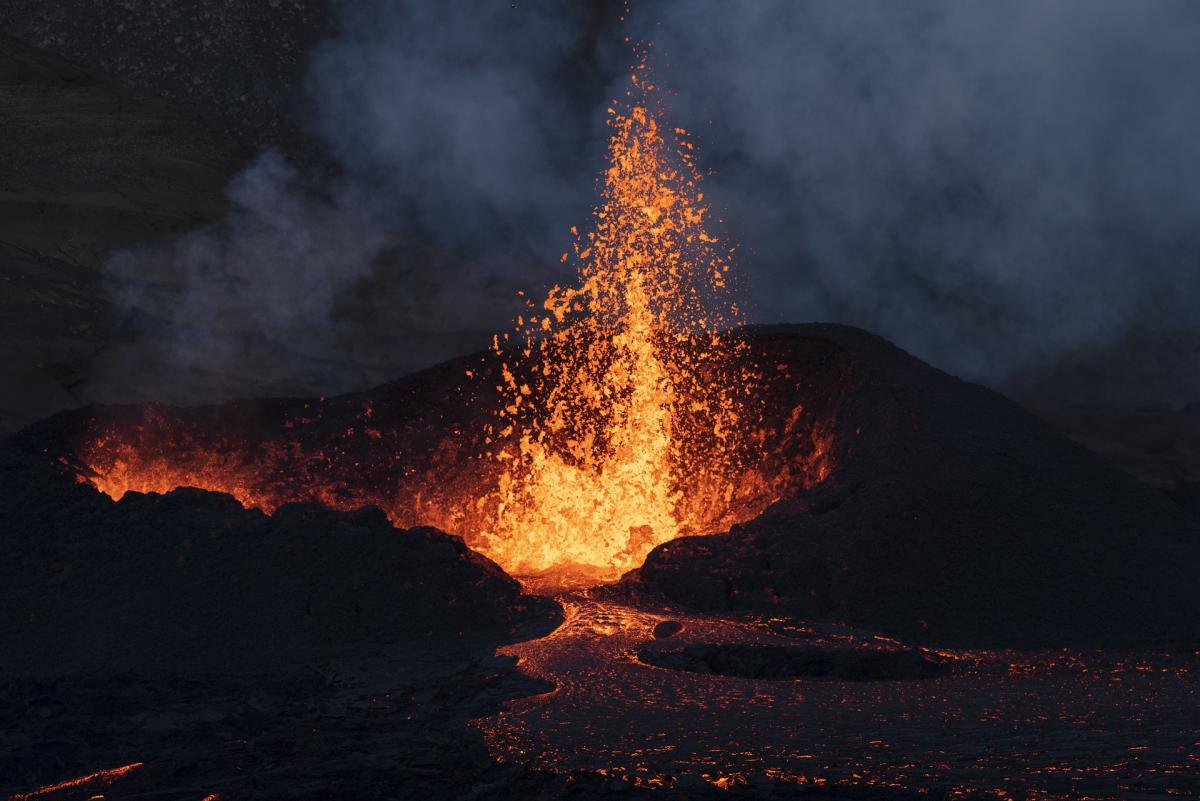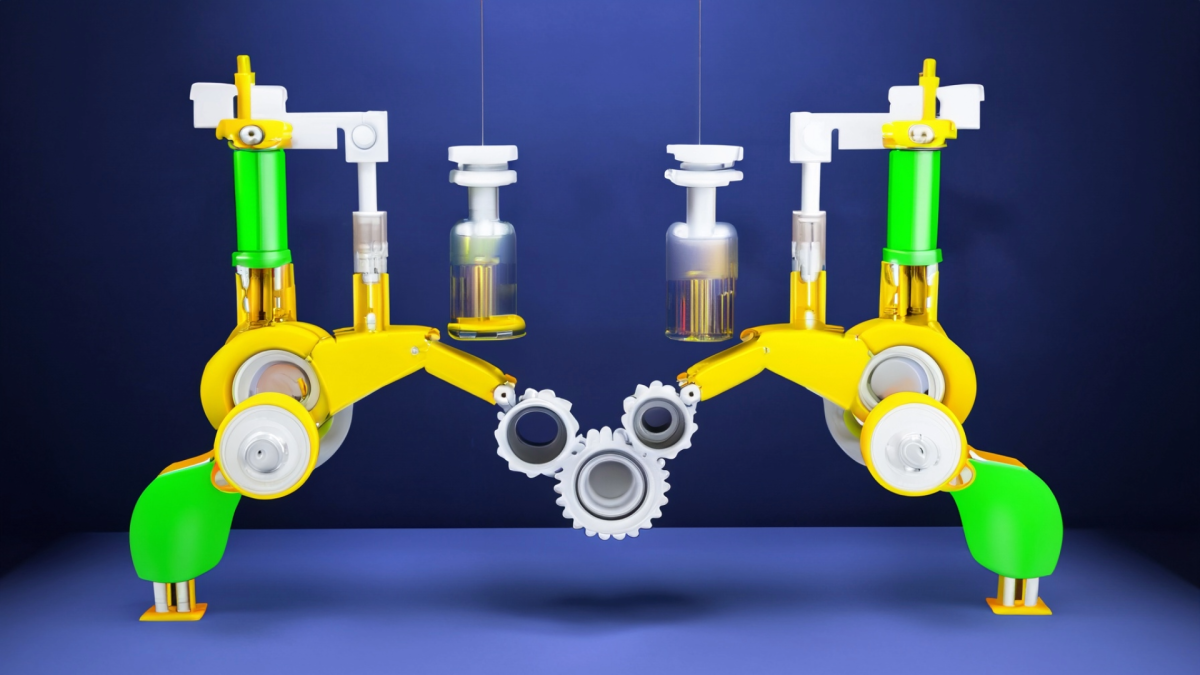
This engaging lesson is designed for students to derive the rules for circuits in series by experimenting with different variables in simple circuits in series using the PhET DC Electricity simulation

This project sets students up to explore animal anatomy and physiology with the idea of replacing a lost appendage (beak, leg, tail, fin, etc.) This is used in small groups of 2 or 3 over the course

In this lesson, students use a pHet simulation to derive Ohm's law. Students will be able to describe Ohm’s law with a formula and through written expression.

In this lesson, students will show how mass affects velocity (distance/time). Multiple variables can be changed to provide a story representing Newton's Laws in action.

The lesson plan goes beyond the conventional boundaries of art and science, highlighting the interdisciplinary nature of these fields. Students will discover the synergies between art (A) and STEM

The lesson plan challenges students to integrate research, agricultural principles, and engineering concepts, sparking their creativity in designing efficient and sustainable hydroponic setups. From

OMG! Empirical Formulas
Students will discover the Empirical Formula for the synthesis of Magnesium and Oxygen through a laboratory experiment in which they will react Magnesium Ribbon with atmospheric Oxygen by super

Students will understand the concept of Scoville units, learn about the scale's origin, and explore the factors contributing to the heat of peppers. They will also engage in hands-on activities to

Students work together to measure the lengths and angles of a maze in order to create a scale drawing of it. They then use EdScratch to program their Edison robots to navigate the maze.

This engaging lesson is all about scale factor. Students will draw different items to scale. There is a Three Act Math, a DESMOS activity, and a Quizizz link to go along with the lesson!

A Makerspace experience for the Holidays! (Part 2) Students are invited to launch their very own startup business just in time for the holidays! In your Makerspace group, invite students to brand

A Makerspace experience for the Holidays! Students are invited to launch their very own startup business just in time for the holidays! In your Makerspace group, invite students to brand, create a

Students will use evidence from an investigation to model and explain how thermal expansion of land and sea ice impact the sea level. They will quantify the impact of land ice melt and thermal

Have you wanted to set up a STEM Night at your school? This has all the documents and stations that we used at our 5th grade Family STEM Night.

Students will be able to utilize multimedia resources, such as online simulations and interactive videos, to explain the process of natural selection and provide examples of how it leads to species

In this lesson, students are introduced to the use of synthetic pigments (biomimicry) in things they use everyday to make art. Students use solvents to separate colors and study chromatography in

Students will collaborate to design a school map to include living and nonliving 3-dimensional objects. Students will use a Cubetto or Sphero device to navigate through a student created map

Students will create an interactive soundboard (assistive technology) to support students in lower grade levels with skills such as math, reading, or language. They will use Makey Makey to support the

In this lesson, students are challenged to design and test a windsock that can tell the direction and relative speed of the wind.

In this lesson, students are to use simple materials to create a structure that holds weight. It must be able to stand on its own. Students will first study and discuss gravity.

This lesson pairs STEM with the book - "Percy Jackson and the Olympians: The Lightning Thief". Students will discuss characters, their relationships to the Greek Gods, the importance of the Greek Gods

Engage 1st graders in hands-on exploration of simple machines! From classifying to building, this interactive lesson fosters STEM skills and real-world connections.

This hands on activity uses calorimetry to determine the calorie content of snack food. Different samples of snack foods are burned and the temperature change of surrounding water is measured. This

Saguaro cacti are collapsing in the Phoenix due to extreme heat and the urban island effect. Is there anyway to save them? This lesson allows students to investigate the factors contributing to the
